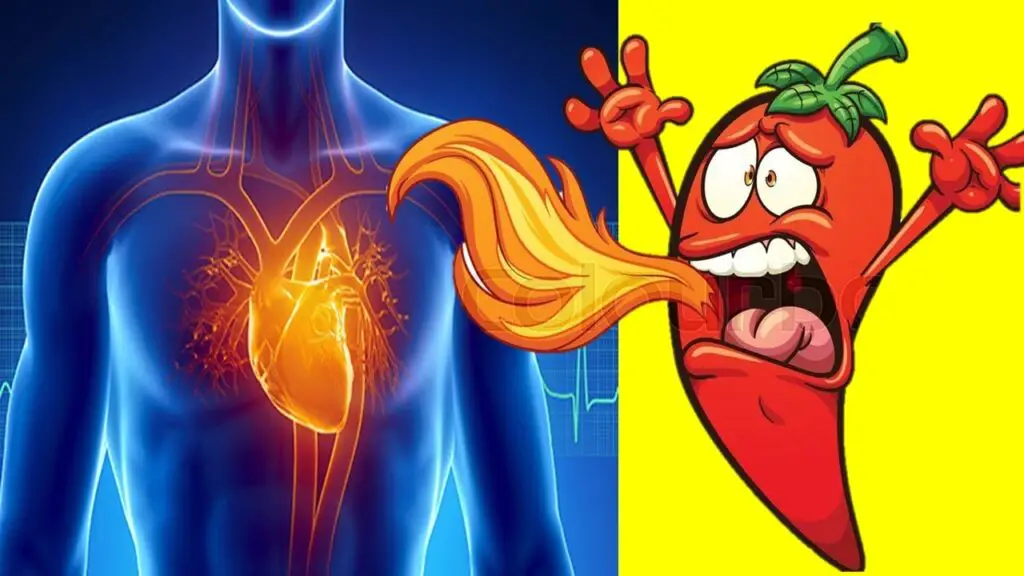We all know the obvious body responses after eating spicy food: sweating, a red face, a burning feeling in the throat, and a runny nose. To some people, spices are unpleasant, while for others, the spicier the recipe, the better.
No matter where you sit on the spice scale, it’s worth adding spices to your meals for the health benefits of doing so alone. Once you understand the positive ramifications of eating spicy foods, you’ll realise the truth in the statement that our diet choices alone can be enough to ward off the doctor and keep us in top form.
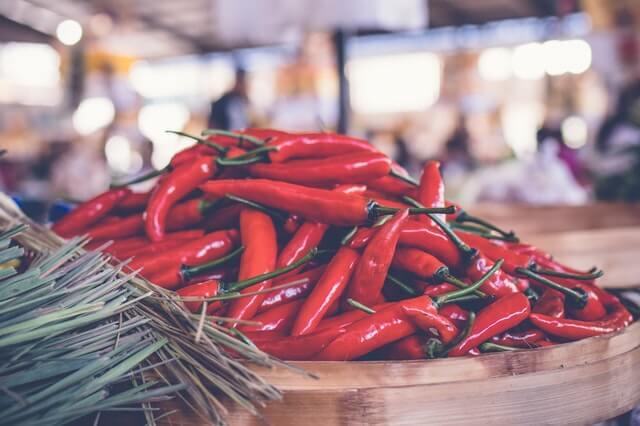
It’s completely understandable if you’re wary of spicy foods. If you’re not used to spices, eating something with a three-chilli rating can result in unpleasant side effects like indigestion and heartburn. But you don’t have to go too hard, too soon.
Begin by adding a few spices to your diet that won’t contribute to an overwhelming heat level. You can build up your spice tolerance over time, until eventually, you’ll be able to handle high levels of spice without an adverse reaction.
If you’re keen to understand exactly how your body can benefit from spicy food, stay tuned. We’ll be covering everything you need to know and more.
What Happens To Your Body When You Eat Spicy Food
1. Improved respiration
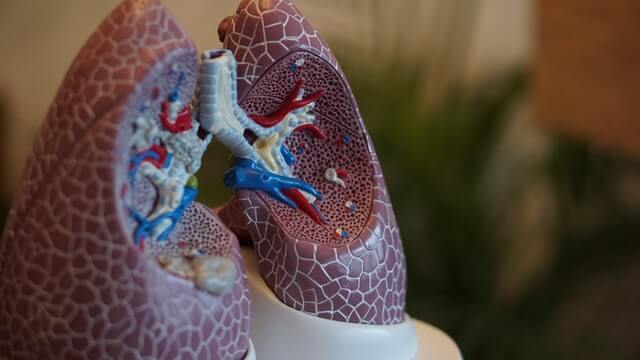
You probably associate super spicy food with feeling like your throat is on fire and struggling to get a breath of fresh, soothing air – which is why it’s a little ironic that spicy foods can actually be beneficial to respiratory issues like bronchitis, asthma, emphysema and sinusitis. Hot peppers in particular, such as cayenne pepper, are said to be good for respiration because they contain something called capsaicin.
Capsaicin has been found in research to stimulate secretions in the lungs, and can even offer protection to the mucus membranes located in the respiratory tract. In fact, the old remedy of eating cayenne pepper to unblock a stuffy nose actually has some science to it, as peppers can open up the nasal passages by clearing out mucus, making it easier to breathe.
2. Boost in mood
We’re only just starting to understand the link between our diet and mental health, but the information we know so far is certainly interesting. Who’d have thought spicy food could have a positive effect on your mood, for instance?

It’s chilli peppers, the ultimate spicey food, that may provide the answer here, as they’re packed full of magnesium, which can help to boost our endorphin and serotonin levels – the happy hormones.
Another interesting link between spices and mood again links to capsaicin, found in chillies, hot peppers and other spices. Capsaicin has a very unusual effect on the body, as our taste buds can’t associate with the compound, which causes the body to think it’s in pain. As a result, endorphins and dopamine are produced, which evoke feelings of happiness, calmness and pleasure.
3. A better night’s sleep
There are numerous studies that look at the effect of spicy food on sleep, and the results are mixed. But what is agreed is that certain spicy foods can promote a better night’s sleep – providing you’re not eating a spicy dish right before you go to bed.

According to one study, spicy food won’t only help you to sleep better, but also to make you feel more rested and alert the next day. In the study, one group of volunteers ate foods containing chillies every day, while another group ate no chillies.
Those who consumed the chillies had a much better sleep quality than those who didn’t. Again, capsaicin is said to be the hero here, as it can stimulate the sensors in the brain that control our natural sleep cycles.
4. Relieves symptoms of cold and flu

Nobody likes being bogged down with a cold or the flu, whether you’re dealing with a stuffy nose, sore throat, headache, or tickly cough. You might only crave chicken soup and other soothing foods at this time, but if you can brave something spicy, it’s likely that you’ll heal at a faster rate.
We know already that cayenne pepper can unblock the sinuses, but there’s more to it than that. Spices can help to loosen phlegm in the throat, making it easy to breathe and even providing anti-inflammatory properties that offer short-term relief from common cold symptoms.
When you eat something spicy, your brain produces certain hormones that tackle the “pain” that it thinks your body feels. These hormones can work to reduce the discomfort that you might be feeling with your cold and flu symptoms.
5. Reduces arthritis pain
Arthritis is an incredibly common joint disorder that is difficult to manage with medication alone. There’s no cure for arthritis, but it’s thought that making changes to your diet and lifestyle can help you to limit pain and discomfort where possible.
In this case, it’s not the typical hot spices that work the best in treating arthritis. Instead, opt for those that offer the biggest anti-inflammatory benefits, like cinnamon, cayenne, turmeric and ginger.
These spices have been found in research to help with arthritis when included in a daily diet. Since arthritis is caused by inflammation in the joints, it makes sense that consuming natural anti-inflammatories will help to improve your situation.
You can still enjoy chilli peppers for arthritis if spicy foods are your thing, as capsaicin is anti-inflammatory, too, and can help to improve joint movement and reduce pain.

6. Supports healthy digestion
You’re probably scratching your head at this one, because spicy foods are a common cause of heartburn and indigestion. But it’s about finding the spices that sit best with you, and consuming them in moderation. If a recipe says to add two chillies, perhaps start with half a chilli if your body is sensitive to a high spice level.
This small serving of spices on a daily basis will, according to research, offer a myriad of digestive health benefits. Peppers and chillies in particular can reduce inflammation, relieving discomfort in the digestive tract and even inhibiting a type of bacteria that can produce stomach ulcers.
Because of its ability to numb pain, spicy food shows promise in relieving symptoms of inflammatory digestive conditions like IBS and IBD.

7. May prevent certain cancers
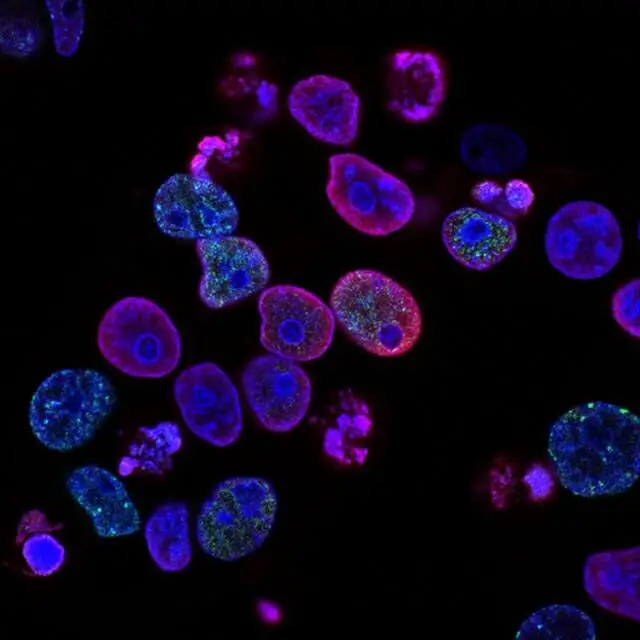
Cancer is an incredibly complex disease, and it would be incorrect to suggest that a particular food or ingredient alone would have the power to eliminate cancer risk entirely. However, several studies have looked at the link between eating a diet rich in spices and cancer, and amazingly, these studies have found that certain spices have potent anti-cancer properties.
Even more impressively, some spices can even support cancer recovery and aid in cancer treatment. Black pepper, chilli pepper, cumin and turmeric can all, according to studies, prevent tumours from spreading and migrating to other parts of the body, and may even improve the efficacy of treatments like chemotherapy and radiotherapy.
It’s though that the antioxidant properties of these spices can fight against free radicals, preventing cell damage and supporting the immune system.
8. Improves circulation
Poor circulation is surprisingly common and can cause a number of adverse responses in the body. Typically, it results from other health conditions, so you’ll need to make sure you treat the underlying cause before you focus on treating the symptoms.
If your circulation isn’t noticeably poor, but you’re keen to improve your blood flow for the energy boost it can offer, you just need to add foods to your diet that’ll optimise blood flow in your body.

9. Supports heart health
Spicy foods don’t just improve blood flow – which is an obvious benefit for the heart – but they also prevent the build-up of unhealthy cholesterol in the arteries, helping to reduce the risk of heart conditions.
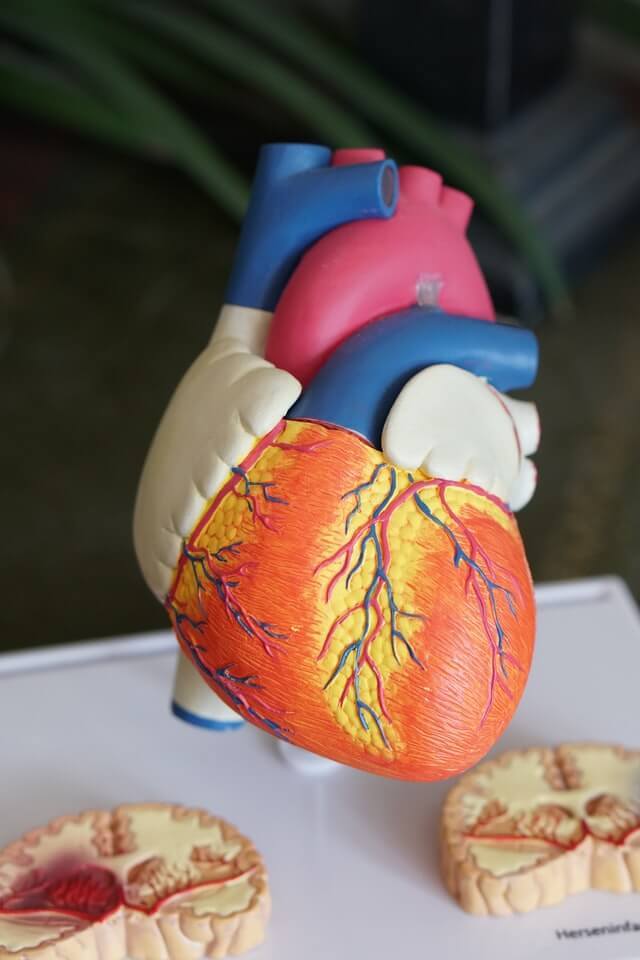
Hot peppers are particularly heart-friendly, as they can support the body in dissolving blood clots, and their capsaicin content fights inflammation, reducing the risk of inflammatory heart conditions like heart disease. According to recent research, countries where cultures eat a spice-rich diet see a much lower heart attack and stroke rate.
10. May help weight loss
You don’t need telling that weight loss can’t result from eating a single “miracle” food, but research suggests that certain dietary foods can help you to achieve your weight loss goals when combined with a reduced calorie intake and daily exercise.

Capsaicin, found in hot peppers and chillies, can raise the internal temperature of the body, which automatically speeds up heart rate. When your heart beats faster, it can boost the body’s metabolic processes, which helps to burn fat during periods of rest.
Eating spices in your daily diet may give your metabolism a natural boost, helping you to reap the rewards of your weight loss efforts in less time.
11. Improves libido
Spicy foods really can spice up your love life (sorry). Just like mental health, your libido can be affected by the foods you eat, and studies show evidence that a diet rich in spices can increase levels of the testosterone hormone. Raised testosterone goes hand-in-hand with improved libido, so you know what to do.
More research is needed before we can understand exactly how spicy foods can improve sex life, but one recent study discovered that those who regularly eat spices tend to have higher testosterone levels than those who don’t.
12. Prevents dehydration
Have you ever noticed that eating something hot or spicy makes you reach for a glass of water and drink like you’ve never drank before? That’s because of the capsaicin once again, which causes your brain to react like your body is burning, triggering thirst cues and making you want to drink more than you usually do.
You don’t really need more water when you eat more spicy food, but it’s a great way to trick yourself into hydration. We need water not only to stay hydrated, but also to flush bacteria from the bladder and support healthy digestion by preventing constipation.

Conclusion
If you didn’t know already, now you do – adding more spice to your life can bring a whole host of health benefits. It doesn’t matter whether you’re using dried or fresh spices – and remember, there are different levels of spice, so you don’t have to go beyond your comfort zone.

As we’ve already advised, it’s best to start low, rather than cranking up the heat from one to 100 straight away. Choose mild spices like turmeric and paprika, and add a little at a time, checking the taste before adding more. Avoid cooking with actual chilli flakes, or if you’re using fresh chillies, look for panca chillies, which tend to be sweeter and smokier than full-on spicy.
If you’re wondering whether you’ll need to start eating curries every evening to get your spice hit, don’t worry – you don’t have to change your diet in any way. Spices like nutmeg and ginger are great additions to porridge and home-baked desserts, while risottos and oven bakes will get a great flavour boost from peppercorn, chipotle or cardamom.
You’re not limited in any way – so what are your waiting for? It’s time to do some experimenting with spices of your own – and your body will thank you for it!

